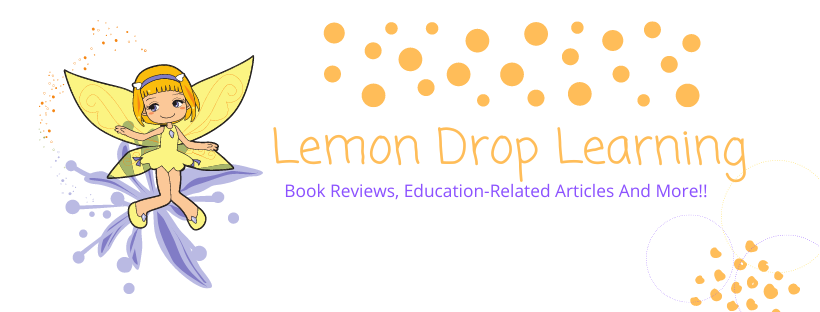
Personal Experience
I am embarrassed to admit it, but I’ve recently learned that I am codependent. It came as quite a shock.
I kept thinking how could I be codependent? I’m not a drug addict or an alcoholic. I am certainly not an underachiever; in fact, I am quite the opposite.
I have achieved many of the milestones I set for myself in life. I earned a Master’s Degree in Education, I worked in my career for 20 years, I started a family, I own my home, and I am pursuing a writing career.
I moved away from the codependent people in my life, keeping them at arm’s length, in order to protect myself from more hurt. I couldn’t stand to watch their constant self-destructive behavior any longer. It was too painful.
It was so easy to judge the people around me who were codependent and ‘know’ that I was completely different. Or was I?
As someone who is now learning the full meaning of codependency, I wanted to share what I’ve discovered.
Like many others, I knew it was a symptom of a dysfunctional relationship, where one person enabled another’s addictive or underachieving behavior.
What I didn’t know is there are other symptoms to this maladjusted relationship that involve an unwitting enabler like me. Behaviors I learned as a child has carried over into my adult life.
Some of these behaviors I may have unknowingly passed onto my children. This fact was the hardest one to face. Like every parent, when I brought my children into the world, I wanted the best for them.
I didn’t want them to have to deal with my issues like I did with my parents.
Before I had my children, I swore that I would take the lessons of my parents’ mistakes and never repeat them.
I used my education and child development classes to nurture and guide my children through childhood, adolescence, and now young adulthood.
In my arrogance, I never realized that there were inherent traits within me that I wasn’t aware of –traits that my children might naturally adopt.
In order to understand this cyclical relationship, we need to know the proper definition, all of its symptoms, as well as its causes.
Definition
On , Ross Rosenberg, M. Ed, LCPC, CADC, CSAT defines codependency as, “a problematic relationship orientation that involves the relinquishing of power and control to individuals who are either addicted or who are pathologically narcissistic.
Codependents are habitually attracted to people who neither seem interested nor motivated to participate in mutual or reciprocal relationships.
Hence, the partners of codependents are often egotistical, self-centered and/or selfish. Typically, codependents feel unfulfilled, disrespected and undervalued by their relationship partner.
As much as they resent and complain about the inequity in their relationships, codependents feel powerless to change them.”
Facts
*The term was introduced in the 1980’s.
*It has its roots in the Alcoholics Anonymous movement, which began in 1936.
*It has developed negative connotations such as, weak and emotionally sick.
*Codependents become immoderately attached to another out of need.
*Codependents blame themselves for the problems in their relationships.
*Codependents derive from dysfunctional families or from taking care of a sick family member at a young age.
*Most families in America are dysfunctional.
*You don’t have to have every symptom to qualify.
*It’s reversible with proper therapy.
Symptoms
(Comprehensive list by , JD, MFT)
*Low Self-Esteem
*Constantly trying to please others
*Inadequate personal boundaries
*Reactivity
*Caretaking
*Control
*Dysfunctional Communication
*Obsessions
*Dependency
*Denial
*Problems with Intimacy
*Painful emotions
This information is a lot to take in, especially when you’re hearing that you’re codependent for the first time.
Like many others, I envision the satirical depictions of codependent people, which makes it embarrassing for me to admit that I have been diagnosed with it.
Now that I’m aware that I have this personality flaw, I’m working on correcting the negative behaviors I’ve adopted over the years. One of the hardest things for me is telling people no because I have a problem with setting boundaries for myself. But, I’m learning.
If you found yourself identifying with some of the symptoms listed above, don’t fret, you’re not alone. If you’d like to be proactive and take charge of your life here is a list of organizations that can help:

No comments:
Post a Comment